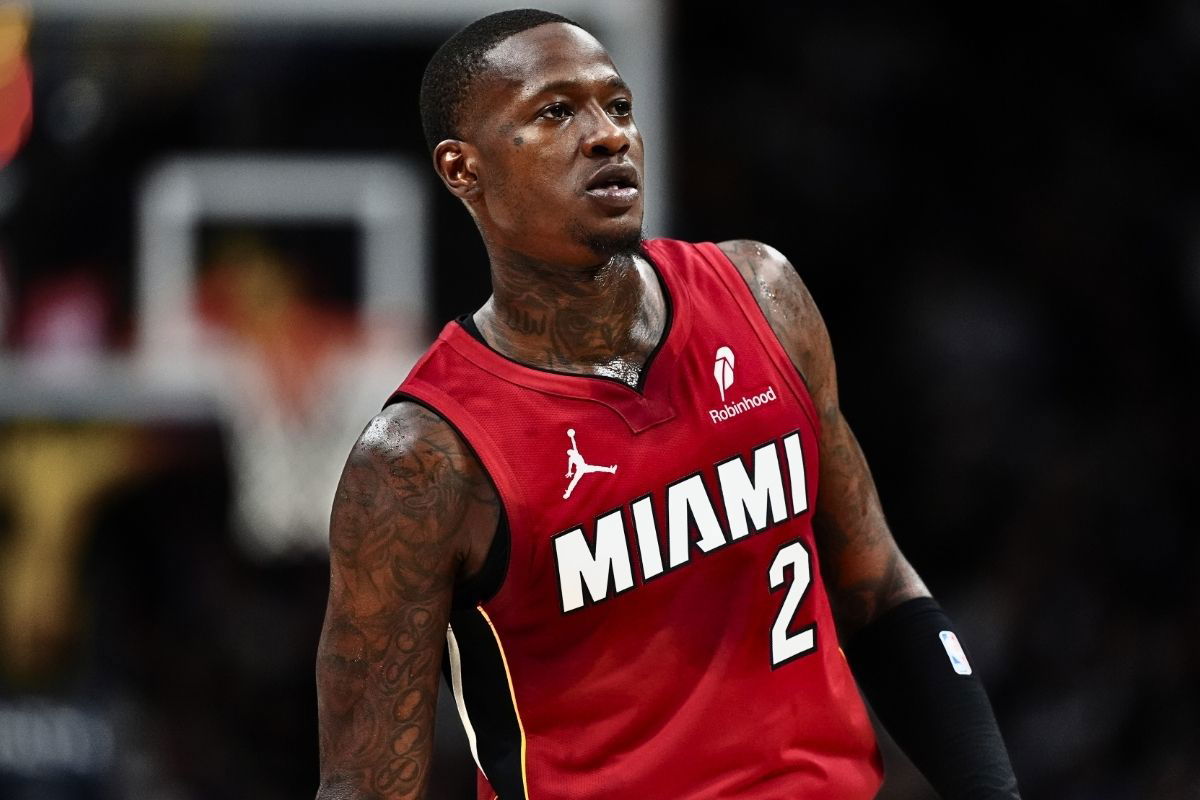
Imago
Nov 8, 2024; Denver, Colorado, USA; Miami Heat guard Terry Rozier (2) during the first quarter against the Denver Nuggets at Ball Arena. Mandatory Credit: Ron Chenoy-Imagn Images

Imago
Nov 8, 2024; Denver, Colorado, USA; Miami Heat guard Terry Rozier (2) during the first quarter against the Denver Nuggets at Ball Arena. Mandatory Credit: Ron Chenoy-Imagn Images
The game was over, but the real headline was just getting started. As the Lakers wrapped up a 130–120 win over the Miami Heat, play-by-play announcer Bill MacDonald dropped a line that froze every listener for a split second. His casual mention of Terry Rozier, the very player currently on leave amid a federal gambling investigation, sounded almost too sharp to be accidental.
Watch What’s Trending Now!
MacDonald was calling the usual. Lakers cruising, role players stepping up, and the kind of bench rhythm fans love… before his tone suddenly shifted. “They have Terry Rozier on their roster,” he said mid-possession. “But he’s on that leave of absence. Who knows if we’ll ever make it back to this team?” A pause, then back to business as he said, “We got a foul underneath. Money.”
Terry Rozier isn’t just another name on Miami’s roster. He’s at the center of one of the most complicated storylines in the league. A federal gambling case that’s testing not just Adam Silver’s authority, but the NBA’s entire morality. For the league that embraced sports betting as a financial frontier, Rozier’s arrest has turned that partnership into a public relations disaster.
ADVERTISEMENT
MacDonald’s slip came right after a string of rapid-fire observations. “The three, double-figure score in the first half, Lakers had five,” he rattled, stumbling over names and numbers. “LaRavia had fifteen points for the Lakers, and junior had six Mitchell misses…” It was a chaotic stretch of commentary that suddenly turned heavy when Rozier’s name entered the mix.
Rozier’s case has already cracked open a new layer of tension between the NBA and its players’ union. The league froze his $26.6 million salary after his arrest, citing the need to protect the “integrity of the game.” The NBPA fired back, arguing that Rozier hasn’t been found guilty and should still be paid while on leave. It’s not just about one player anymore, but about precedent.

Imago
Mar 3, 2025; Miami, Florida, USA; Miami Heat guard Terry Rozier (2) warms up prior to the game against the Washington Wizards at Kaseya Center. Mandatory Credit: Rhona Wise-Imagn Images
How far can Adam Silver go to prove the NBA is policing itself? And then there’s Miami, left holding the contract.
ADVERTISEMENT
Rozier counts fully against their salary cap and luxury tax, yet he won’t play a single game this season. A financial headache, a roster gap, and a public-relations minefield. The Miami Heat got all three for the price of a mid-season trade. Rozier, who averaged 23.2 points per game before his January 2024 move to Miami, was supposed to be the Heat’s stabilizer at guard.
ADVERTISEMENT
Now, he’s the league’s cautionary tale. The man once called “Scary Terry” for his fearless shooting is now the face of a scandal where the only fear left is what comes next. For the Heat, though, the question isn’t if Rozier will return.
Terry’s absence, Miami’s mess, and the NBA’s bigger question
It’s whether they’ll ever see a dime’s worth of value from the trade that brought him in. His salary sits frozen in escrow, while the team’s options to replace him remain tangled in cap mechanics and union red tape. Adam Silver’s decision to halt payment came fast, perhaps too fast, if you ask the NBPA.
ADVERTISEMENT
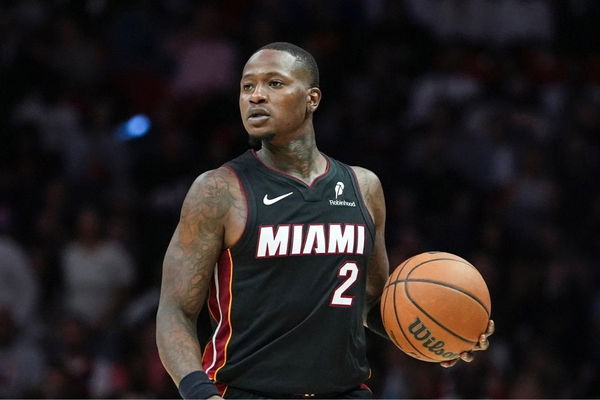
ADVERTISEMENT
The union filed a grievance, citing a clause in the collective bargaining agreement that guarantees full pay for players on administrative leave. Until the courts (and an arbitrator) decide, Rozier’s money sits in limbo, as does the NBA’s credibility. And here’s where MacDonald’s on-air mention hit harder than he probably intended.
In a week when fans, bettors, and the federal government are all watching how the league handles gambling integrity, the Lakers’ own broadcast dropped the name that makes executives sweat. What makes the Rozier case especially problematic is that the NBA once investigated him and let him play.
Top Stories
Giannis Antetokounmpo All but Confirms Warriors Trade With 6-Figure Decision: NBA Rumor
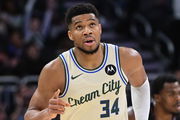
James Harden Leaves Clippers if Insider’s $197M Report Turns Out Correct
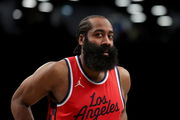
Paul Pierce Puts Reggie Miller on Blast Over Controversial Caitlin Clark Verdict
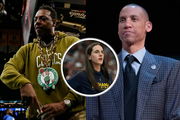
WNBA Fans Split After ESPN Report Reveals Internal Divide Among WNBPA Leadership
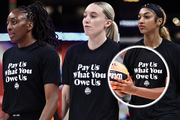
Everyone Notices Caitlin Clark’s Reaction After Reggie Miller’s Viral “Disrespect” on NBC
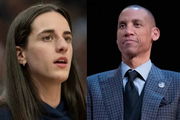
Back in March 2023, suspicious betting patterns involving his prop lines triggered alarms. The league found no proof of wrongdoing then, but two years later, the FBI says otherwise. That gap in judgment isn’t just a bad look, but an institutional question mark.
ADVERTISEMENT
If Rozier’s charges hold, it could reshape how the NBA enforces gambling policies, contracts, and even player transparency. But if he’s cleared, it could expose the league to accusations of overreach and set a dangerous precedent for how it treats accused players.
Either way, the broadcast moment serves as an accidental metaphor for the NBA’s current state: even when the product on the court is pure, the shadow of betting hangs over everything.
You can call it timing, irony, or just a classic case of “too soon,” but MacDonald’s line reminded fans that no matter how good the game looks, the Rozier story isn’t going anywhere.
ADVERTISEMENT
ADVERTISEMENT
ADVERTISEMENT
ADVERTISEMENT